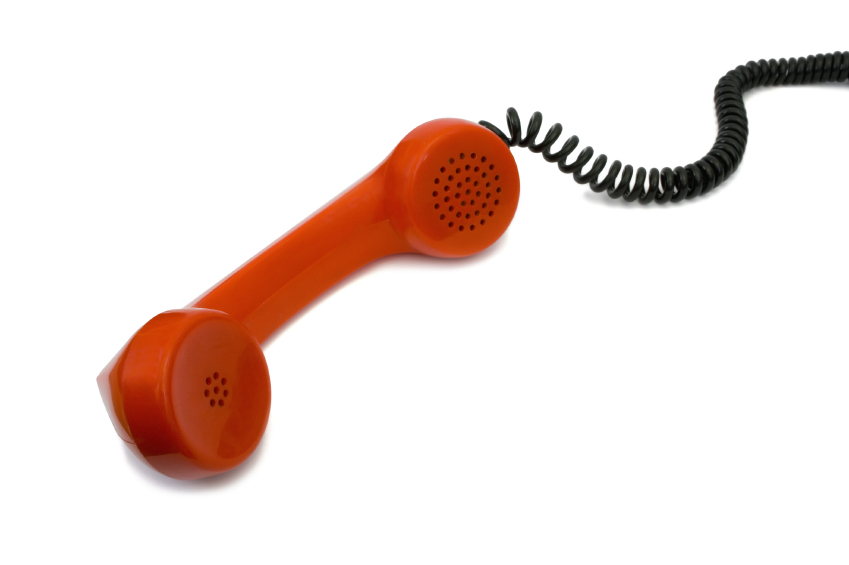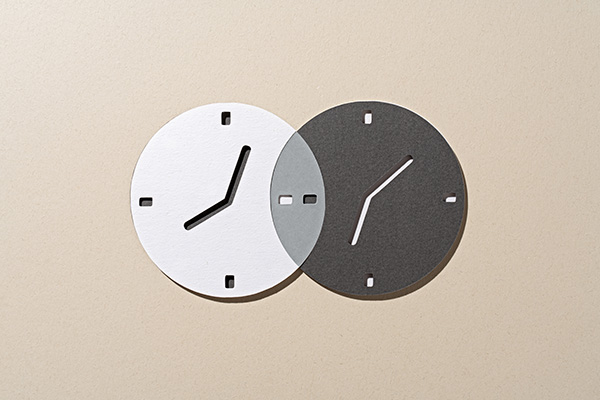Train Your Service Staff to Be Awesome on the Phone

Article Highlights:
- Your program should ensure your employees know how to clearly communicate.
- The real return on investment in training is on improving upselling skills.
In my last two articles, I focused on the importance of handling inbound calls from prospects looking to purchase a vehicle.
Today we turn our attention to the Service drive, where it’s just as important to have employees who are well-trained on phone skills.
Inbound Calls
Most service writers handle dozens of calls every day, about all sorts of issues. Customers might call to set an appointment, check on the status of a vehicle, check the price of a potential service, or just ask a general question about the kinds of vehicles you service.
At a minimum, your training program should ensure your employees know how to clearly communicate appointment dates and times, what customers need to do before the appointment, who they will see, when to bring in their vehicle, and how long a visit should take. Get this right consistently, and you’ll cut down on no-shows, increase the efficiency of your shop, and boost your bottom line in the process.
Your service writers also need to master uncovering as much information as they can while they’re on the phone with the customer. If you can get a good description of the problem and what the customer wants, that’ll save you time in the RO process when they show for their appointment. Get that right and the customer will feel important because the advisor will be waiting on them with everything ready. The increased trust will help your service advisors book more hours per RO at better grosses. It also makes any outbound calls more effective.
Outbound Calls
Speaking of outbound calls, service advisors also spend a lot of their time calling customers who have vehicles in the shop. Usually this is a request for authorization to perform service along with an upsell attempt for additional service.
Your call training should cover the basics, including asking for permission to continue the call, identifying yourself, and stating the purpose of the call. But the real return on investment comes when you teach your advisors how to improve their upselling skills. Advisors who are good at upselling will often double or triple a few ROs a day, and that adds up to a lot of additional revenue over the long term.
Conclusion
The bottom line in all three articles in this series has been the same: you need to invest in selecting the right individuals to handle your calls, train them well, and implement a process for logging all your calls with as much information as possible.
Phone training can mean big improvements in both your Sales and Service departments. Do it in-house or hire an expert consultant, but just do it!
Want to know more about dealership-specific training for your employees? Contact Reynolds Consulting Services at 888.204.6092, option 2.
Related Articles:

3 Recall Scares to Avoid
Three recall tips to help you avoid spooky fines and lost service business.

Breaking Down a Bad Customer Experience and How to Overcome It
How to Overcome Customer Experience Road Bumps in Your Service Drive

Going for Gold in Your Service Drive: Prioritize High-Mileage Vehicles
As the world tunes in to watch athletes strive for gold in the Olympics, your dealership can also aim for top performance in your service…

True Story: Night and Day Service Scheduling
What establishments do you frequently visit? They know you – your name, address, details from your last visit. Why shouldn’t your dealership be the same?















